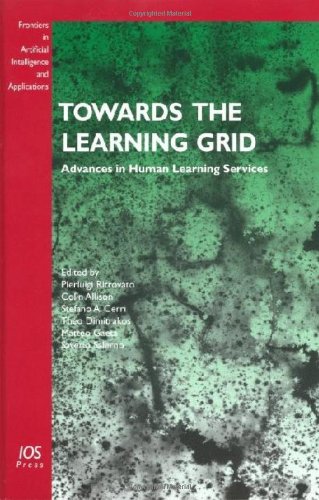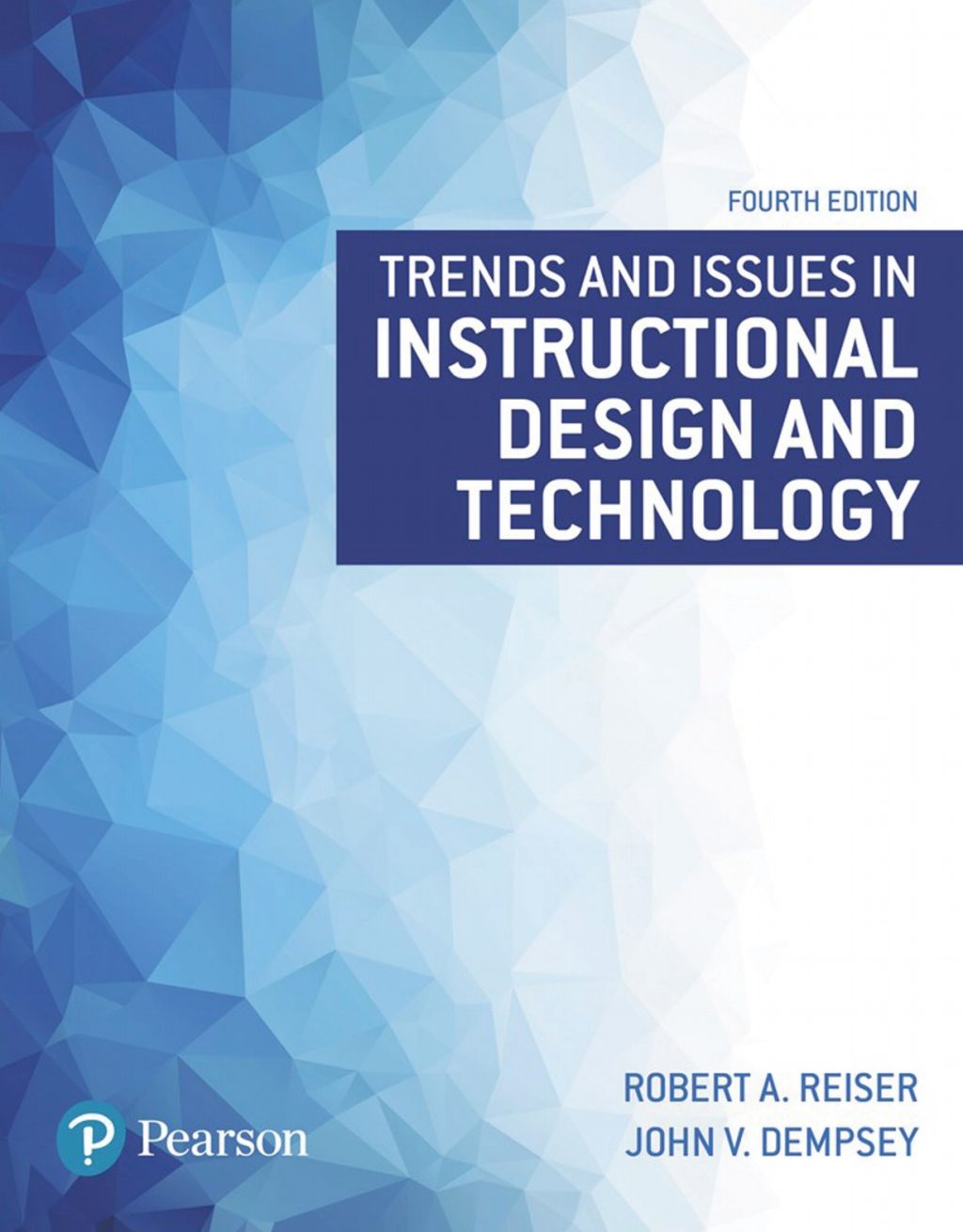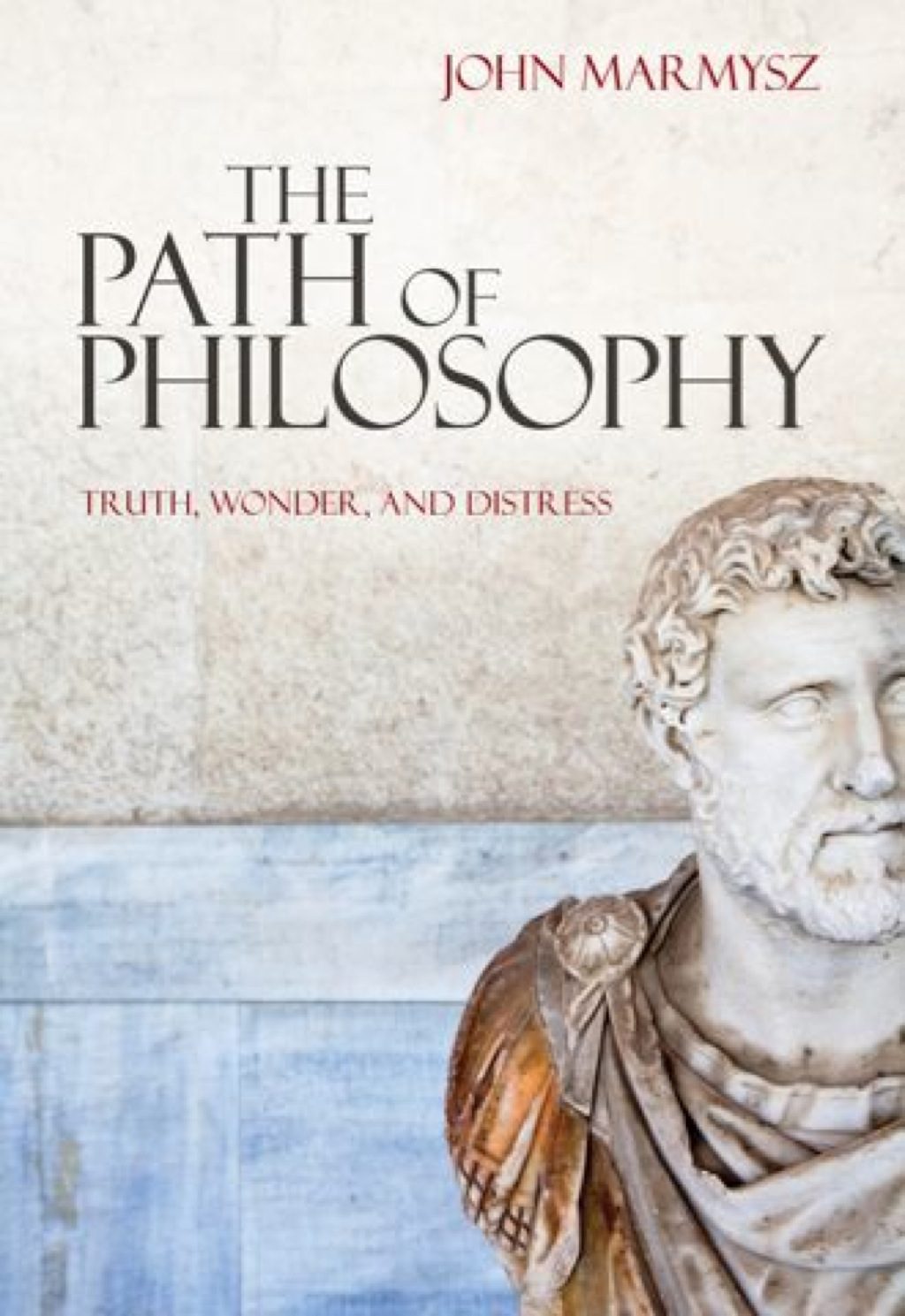P. Ritrovato, C. Allison, S.A. Cerri, T. Dimitrakos, M. Gaeta, S. Salerno9781586035341, 1-58603-534-7
Table of contents :
Title page……Page 2
Preface……Page 6
Contents……Page 10
Position Papers……Page 12
Towards On-Line Services Based on a Holistic Analysis of Human Activities……Page 14
Access to Information and e-Learning for Local Empowerment: The Requisite for Human Development and Environmental Protection……Page 23
The Challenge of Change: Reducing Conflict in Implementing e-Learning……Page 33
Brain Meets Brawn: Why Grid and Agents Need Each Other……Page 39
An Integrated View of Grid Services, Agents and Human Learning……Page 52
Making e-Learning a Service Oriented Utility: The European Learning Grid Infrastructure Project……Page 74
Content-Centered Services……Page 88
Case Study of Virtual Organization Learning and Knowledge Testing Environments……Page 90
SCORM and the Learning Grid……Page 99
Shaping e-Learning Applications for a Service-Oriented Grid……Page 109
Derivation of Knowledge Structures for Distributed Learning Objects……Page 116
Structuring and Merging Distributed Content……Page 124
Reusability of e-Learning Objects in the Context of Learning Grids……Page 130
Holistic Services……Page 138
Design Considerations for an ELeGI Portal……Page 140
An e-Learning Platform for SME Manager Upgrade and Its Evolution Toward a Distributed Training Environment……Page 147
DIOGENE: A Service Oriented Virtual Organisation for e-Learning……Page 156
The Model of Collaborative Learning GRID to Activate Interactivity for Knowledge Building……Page 170
New Direction in Learning Services……Page 184
Systems Support for Collaborative Learning……Page 186
How to Use Grid Technology for Building the Next Generation Learning Environments……Page 193
A Grid of Remote Laboratories for Teaching Electronics……Page 203
The Learning Grid and E-Assessment Using Latent Semantic Analysis……Page 208
Learning Agents and Enhanced Presence for Generation of Services on the Grid……Page 214
Conversational Interactions among Rational Agents……Page 225
EnCOrE (Encyclopedie de Chimie Organique Electronique): An Original Way to Represent and Transfer Knowledge from Freshmen to Researchers in Organic Chemistry……Page 242
Author Index……Page 250







Reviews
There are no reviews yet.